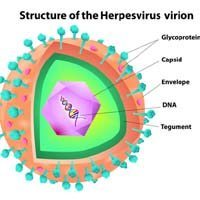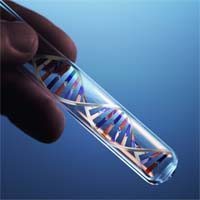Risk for Malnutrition Among Older Mesothelioma Patients

A new study out of Brazil suggests that many older mesothelioma patients may be at risk for malnutrition and the problems that go with it.
The study included more than 4,500 Brazliian cancer patients from 45 hospitals. They were evaluated for their nutritional status, nutritional risk, and nutrition-related symptoms.
Among the 25% of cancer patients over 65, more than half faced a moderate to severe risk for malnutrition. The findings suggest it is a problem hospitals should identify and address early for the best mesothelioma treatment outcomes.
Mesothelioma and Nutritional Status
As with other types of cancer, nutrition has an affect on the treatment of people with mesothelioma.
An Australian study of pleural mesothelioma patients earlier this year found that patients with lower muscle mass or those who were malnourished faced a much poorer quality of life. In that study, 38 percent of the mesothelioma patients were at risk for malnutrition.
Another study in the journal Nutrition and Cancer showed that patients with the best nutritional status often have longer mesothelioma survival. Nutritional status measures the state of a person’s health in terms of certain lab values.
A nutritional status score provides a snapshot of how well a patient’s cells are being nourished. The theory is that healthy cells are more likely to be able to fight off mesothelioma.
A 2017 mesothelioma study also found a higher risk for malnutrition among elderly patients. That study showed that poorly nourished patients tended to have a worse mesothelioma prognosis.
Measuring Risk for Malnutrition Among Cancer Patients
The Brazilian study did not focus specifically on malignant mesothelioma. It included 4,783 patients with various types of cancer. Patients were admitted to 45 public hospitals. Each of them was assessed to see where they stood nutritionally.
Over a quarter of the participants were seniors over 65. Fifty-five percent of these cancer patients had moderate or severe risk for malnutrition. The risk dropped to 36 percent among people between 51 and 64. Younger patients did not seem to have the same problems.
The primary reasons these patients gave for their poor nutritional status were lack of appetite and dry mouth. Some patients also said they had swallowing difficulties. The researchers conclude that this kind of assessment should become a routine part of cancer care for hospitalized patients.
“Nutritional screening and assessment should be performed immediately after hospitalization to enable early diagnosis and multidisciplinary or interdisciplinary intervention(s),” they write.
Cancer experts recommend a diet rich in fruits and vegetables and lean proteins to avoid the risk for malnutrition during mesothelioma treatment. Specialists in cancer nutrition can often help mesothelioma patients cope with problems like poor appetite and nausea.
Source:
De Pinho, NB, et al, “High prevalence of malnutrition and nutrition impact symptoms in older patients with cancer: Results of a Brazilian multicenter study”, September 9, 2019, Cancer, Epub ahead of print, https://onlinelibrary.wiley.com/doi/abs/10.1002/cncr.32437





